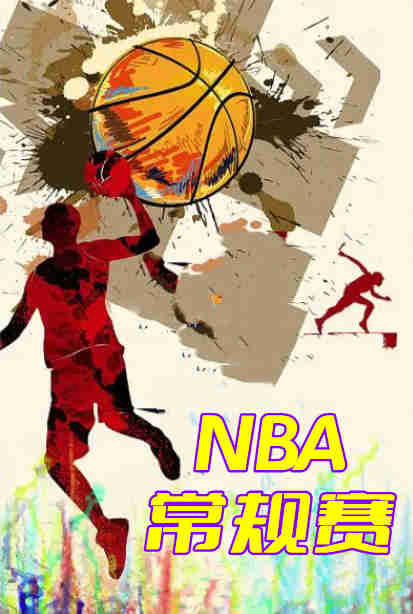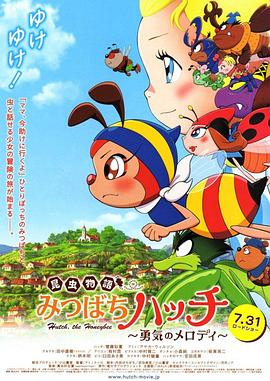How Was Your School Trip?
“How was your school trip?” This is the question that every student hears upon returning from a school excursion. The memories of these trips are etched in our minds forever and contribute to our overall educational experience. The purpose of a school trip is not merely to provide a change of scenery; rather, it is an opportunity for students to broaden their horizons, develop social skills, and deepen their understanding of the subjects they study.
One of the main objectives of a school trip is to expose students to new environments and experiences. Schools carefully choose destinations that offer unique learning opportunities and cultural experiences. For example, a trip to a historical site can bring history textbooks to life, allowing students to witness the remnants of the past firsthand. Similarly, a trip to a science museum or a nature reserve can expose students to fascinating scientific concepts and encourage them to develop a love for the subject. These experiences not only enhance students' knowledge and understanding but also inspire them to explore their interests further.
Furthermore, school trips enable students to develop important social skills. Traveling in groups and spending extended periods of time together help students learn how to collaborate, compromise, and communicate effectively. They learn to adapt to different personalities and temperaments, which is an essential skillset in both personal and professional life. Additionally, students have the opportunity to interact with locals, fellow travelers, and tour guides, allowing them to develop their interpersonal and intercultural skills. These social interactions foster a sense of empathy and respect for others, broadening students' horizons.
School trips also offer a unique chance for students to deepen their understanding of the subjects they study. Often, lectures and textbooks alone cannot provide a comprehensive understanding of a particular topic. However, when students have the opportunity to see and experience firsthand what they have been learning, it enhances their comprehension and retention. For instance, a trip to an art gallery can provide students with a deeper appreciation for artistic techniques, while a visit to a historical landmark can help them connect the dots of historical events. These real-world experiences make the subjects more tangible and vivid, resulting in a more well-rounded education.
Despite these numerous benefits, it is important to address the potential challenges and risks associated with school trips. The responsibility of ensuring student safety and well-being during the excursion lies with the school authorities. Proper planning and preparation, including risk assessments and safety guidelines, are essential in minimizing potential risks. Additionally, schools must ensure that every student has the opportunity to participate in the trip, regardless of their financial background. It is crucial to promote inclusivity and provide support to students who may face financial barriers. By doing so, schools can ensure that every student benefits from the educational opportunities provided by school trips.
In conclusion, school trips play a crucial role in shaping the educational experience of students. They provide an opportunity for students to explore new environments, develop social skills, and deepen their understanding of the subjects they study. Through careful planning and risk management, schools can ensure safe and inclusive trips for all students. So, the next time someone asks, “How was your school trip?”, we can confidently respond, “It was an incredible experience that enriched our minds and widened our horizons!”
红狐的食性非常(cháng )广泛,主(zhǔ )要(yào )以小型(xíng )哺(bǔ )乳动物为食,如兔子、老鼠和鸟(〽)类(lèi )。它们也吃(chī(🧤) )植物性食(shí )物,如(rú )浆(💿)(jiāng )果和果实。红(hóng )狐是优秀的狩猎(liè(✔) )者(zhě ),它(tā )们非常(🏘)(cháng )灵活和敏捷,能(néng )够追(zhuī )赶和捕捉(zhuō )逃跑的猎物。红狐还(🚆)(hái )会利用自身的智慧(huì ),比如在雪(🧛)地中钻入(rù )地下挖(wā )洞,以获取埋藏(cá(🚷)ng )在地(🎎)下(xià )的猎物。


